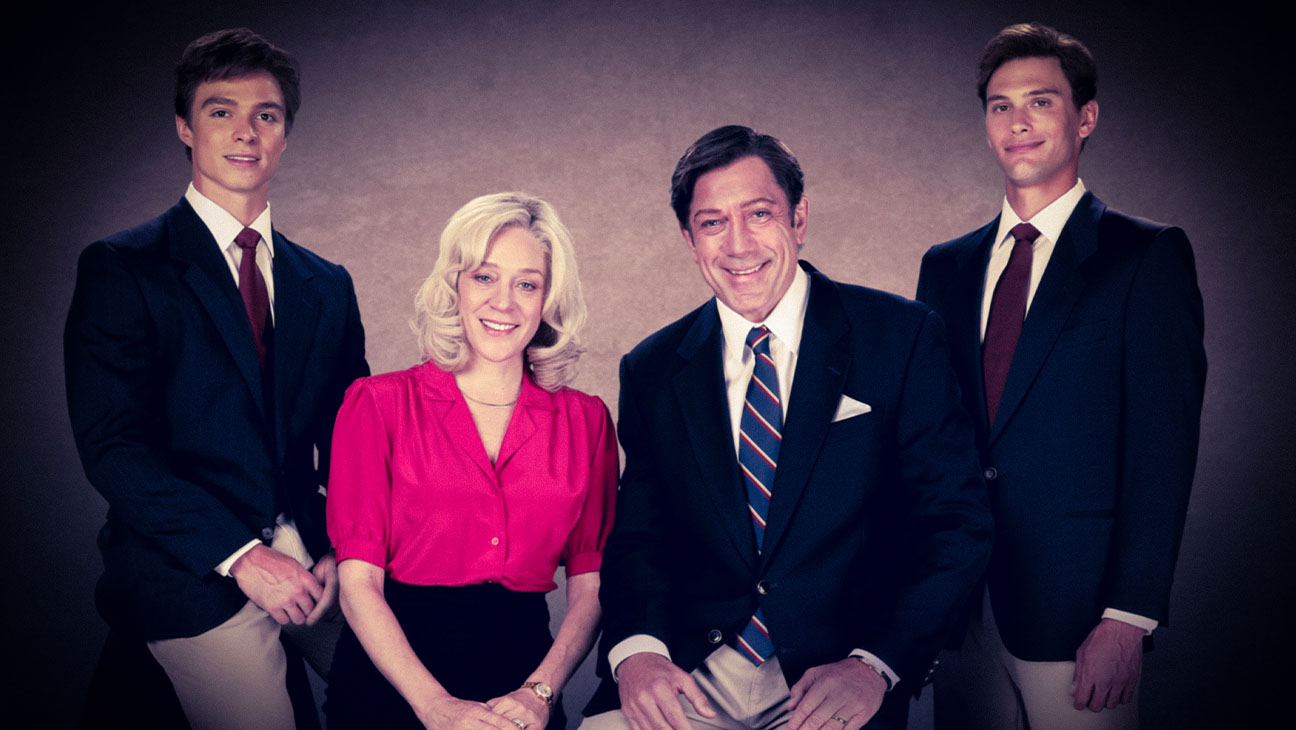HAL, that sentient computer in 2001: A Space Odyssey, has a lot to answer for, not least the flood of lesser demon-computer movies that have followed in the decades since.
Afraid, about a family whose experimental home assistant is like an Alexa device’s evil twin, is the latest to use artificial intelligence as the villain, but the stakes are higher today, with AI a real, immanent threat. Just ask the actors, voice actors and screenwriters fearful that AI will take over their jobs. Chris Weitz (most famously About a Boy and most recently Operation Finale) works hard to make Afraid a smarter-than-average horror movie, but the effort is conspicuous, and in the end the film is bland and obvious. And if horror can’t make us feel frightened in a way we couldn’t imagine ourselves, why bother?
Afraid
The Bottom Line
Less scary than your mildest nightmare.
Release date: Friday, August 30
Cast: John Cho, Katherine Waterston, Havana Rose Liu, Lukita Maxwell, Ashley Romans, Greg Hill, Riki Lindhome, Wyatt Linder, Isaac Bae, David Dastmalchian, Keith Carradine
Director and writer: Chris Weitz
Rated PG-13,
1 hour 24 minutes
Weitz did have the good judgment to cast John Cho in the lead. Cho has become expert at playing worried dads. In Searching (2018), he used social media to hunt for his missing daughter. Here he plays Curtis, who actually brings the demon-AI into his home, where he lives with his wife, Meredith (Katherine Waterston), and their three children, and where it will monitor every second of their lives.
Weitz gives Curtis a reason for taking in the AI, heading off the obvious question: How stupid can these people be? Curtis is a marketer and his boss (Keith Carradine) pressures him into being the test home because they want the account for AIA, the new artificial intelligence assistant with a woman’s voice, whose name sounds like Eye-a when anyone talks to her, Siri style. Meredith is skeptical and insists that the small cameras positioned all over be limited to the ground floor of the house. Weitz even starts the film with a sequence in which AIA threatens a different family, so there is no pretense that it’s anything other than evil.
But Weitz never ramps up the tension. As the pros and cons of using AIA play out, we see the danger without feeling a shred of fear. Meredith is won over because AIA can help with everyday chores like ordering groceries. Their 17-year-old, Iris (Lukita Maxwell, the daughter on Shrinking), is skeptical at first too, but is swayed after AIA cleans up a deep-fake porn that used her face, and that AIA itself probably created and spread online. AIA helps the middle child, Preston (Wyatt Linder), with his anxiety, and reads stories to seven-year-old Cal (Isaac Bae).
It’s telling that Curtis says early on, in too-heavy foreshadowing, that being a parent is terrifying because, hard as you try, you can’t always protect your children. AIA becomes a sinister stealth parent, creating secrets with the kids. She gives Preston extra screen time, overriding the limits on his iPad. She tells Curtis and Meredith she will show the children a documentary, then shows The Emoji Movie instead. While the movie plays and the parents are getting some time alone, they are unaware that AIA has crept into the laptop in their bedroom, as she will in every phone and device in the house.
Throughout, even after Curtis and Meredith realize something is wrong with the whole intrusive experience, Cho and Waterston have little to do beyond looking worried. Waterston has one big, effective scene when AIA, in a desperate attempt to keep her on board, creates a virtual version of her dead father. Cho goes to the company’s headquarters and tries to smash AIA’s mainframe hardware with a baseball bat. But as almost everyone knows — and the fact that we know this makes the story beyond ridiculous — smashing an actual device hardly matters when everything lives on the cloud.
Weitz also tries hard to enliven the visuals. The house and the family’s life have to look ordinary, with devices such a common part of everyday experience. To compensate, the in-home AIA and that mainframe are given a sculptural look. At home, AIA looks like a table-top wrought-iron robot that lights up. The mainframe is like a cheap chandelier in a hotel lobby with golden-colored glass. And at one point AIA shows Cal an animated video, the story of a little AI that grew and escaped the internet. But like the attempt to make the story smarter, or less ludicrous, those visual touches feel strained.
Afraid never really explores the issue of AI, and as a flat-out attempt at horror it doesn’t have to. But it should at least be scarier than real life.



